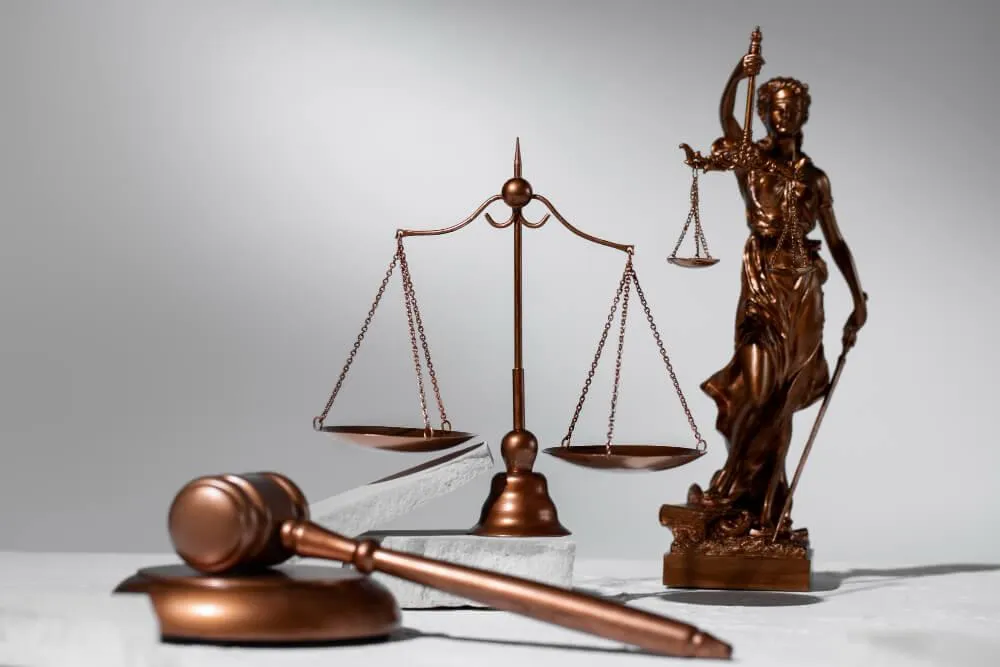Injured in a Highway or Interstate Pile-Up? Get the Compensation You Deserve.
We specialize in complex multi-car collision claims on highways and interstates. Let our experienced attorneys fight for your rights.
About Us
We focus exclusively on highway and interstate accident claims, with a sharp specialization in multi-car and pile-up collision cases. We understand the complex legal, logistical, and insurance-related challenges that arise when multiple vehicles are involved. Our team has secured millions in compensation for victims of chain-reaction crashes, rear-end pile-ups, and multi-vehicle wrecks on major highways.
We are committed to aggressive representation, compassionate client care, and securing the maximum settlement for each client.

The attorneys featured above are licensed in North Carolina.

Why Choose Us
We Know the Law: Multi-vehicle crash litigation is highly complex. We know the intricacies of comparative negligence, joint liability, and multi-insurer negotiations.
Aggressive Representation: Insurance companies try to avoid paying full value in pile-up cases. We don’t back down.
We Take Over Everything: From collecting police reports to dealing with adjusters we handle every detail.
WHAT WE DO
Practice Areas
Highway and Interstate Collision Claims

Rear-End Collisions
Even when you’re not at fault, rear-end pile-ups can be legally complex. We investigate all angles to ensure you receive full compensation.

Truck and Commercial Vehicle Crashes
When semi-trucks or commercial vehicles are part of a pile-up, the legal dynamics change. We hold corporations accountable.

Highway Construction Zone Accidents
Was the crash due to poor signage or construction negligence? We take legal action against third-party contractors and state entities when appropriate.

Who’s Liable in Multi-Car Pile-Ups?
In highway pile-up collisions, determining fault isn’t easy. Several parties could share liability:
Speeding or distracted drivers
Tailgating motorists
Commercial truck drivers
Vehicle manufacturers (defective brakes or systems)
State or municipal authorities (bad road conditions)
Testimonial

Amanda, T.
“After a 7-car pile-up on the interstate, I was overwhelmed. This Law Firm helped me get the money I needed for medical bills, missed work, and emotional distress.”

Marcus, D.
“They were the only lawyers who knew how to handle the complexity of a multi-car wreck with four insurance companies involved. I got a great settlement.”.
Frequently Asked Question
Who is at fault in a highway pile-up crash?
Fault is determined by analyzing crash data, witness statements, vehicle positioning, and insurance reports. Often, more than one driver is partially at fault.
What should I do after a highway multi-car accident?
Call emergency services, get medical attention, take photos if possible, and contact an attorney immediately before speaking to insurance adjusters.
Can I still get compensation if I was partially at fault?
Yes. Most states follow comparative fault laws, which allow you to recover damages even if you were partly responsible.
How long do I have to file a claim?
Time limits vary by state typically 2 to 3 years. But acting fast helps preserve evidence and strengthen your case.
